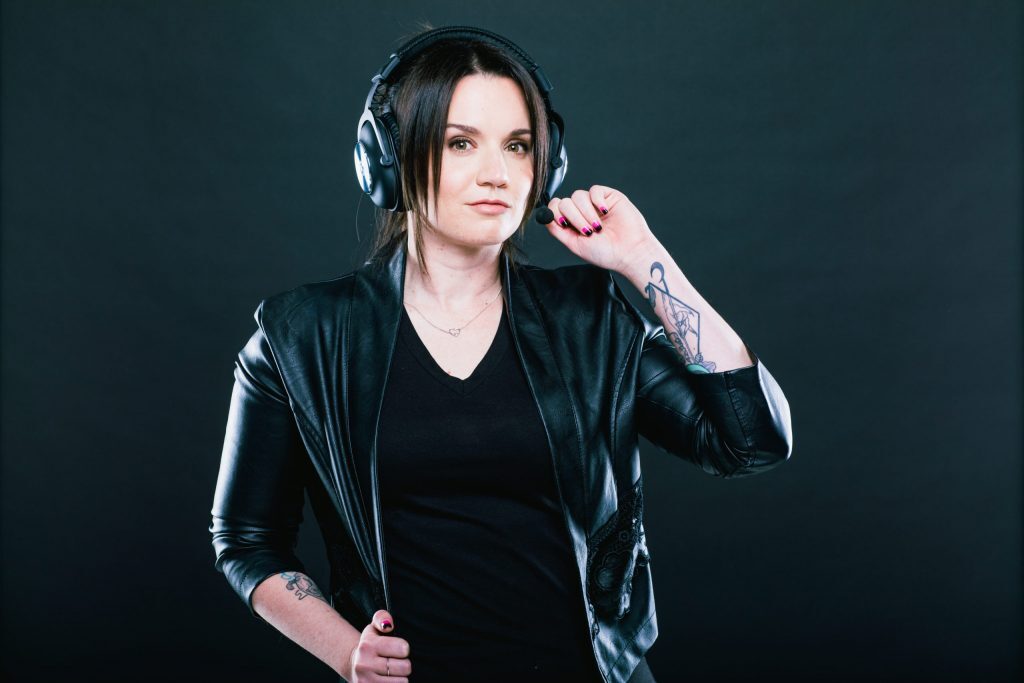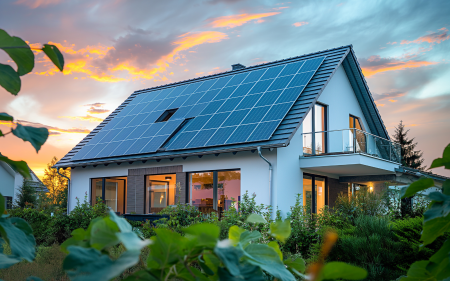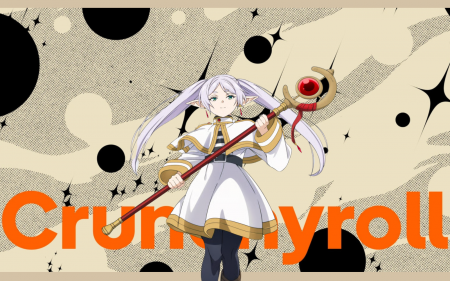The COVID-19 pandemic hit businesses hard. Many employees suddenly found themselves furloughed, receiving a reduced salary and in a lot of instances, without a job.
The virus snaked its way into many lives with damaging and tragic consequences. Making a living under shutdown proved hard to impossible for a lot of people.
But what of the YouTubers? To many outsiders, the pandemic and subsequent lockdown would seem to have little to no impact on their working lives; after all, don’t most of them create content at home in the first place?
Well, no, the truth is a little more complicated according to local esports commentator and shoutcaster Sam Wright, aka Tech Girl, who found her life impacted right from the first lockdown.
COVID-19 hits the gaming industry
“In the beginning I thought it was great. I had a lot more time to do my work and then play games – which I love – and spend time in yoga pants and pyjamas. But over time I found it really hard,” she says.
“Then it became terrifying. The majority of my work was getting on planes and attending global events, so when lockdown happened, I honestly thought I was going to have to find a real job and most companies were shutting their doors.”
“Just before COVID I was getting a lot more international work. From an esports commentating perspective and hosting – which is what I was doing – by the end of 2019 I was at the level I wanted to be at and there were so many more opportunities coming in. COVID made a lot of those opportunities fall away.”
The lockdown, however, did have a silver lining. With so many people forced to stay in their homes, video games’ popularity began to pick up at a rate of knots. Sam found if she could pivot slightly, she was able to keep busy. Moving everything in her operation to a home studio also forced her to upskill in order to produce more and better content for her audience.
“It’s been strange but in a good way I feel like I’ve levelled up because I understand producing content much better in a way I didn’t before. It was a bit weird having to become an expert on things like Green Screen and lighting and things like that, but it’s helped my skill set grow,” she says.
“I saw this potential boom in South Africa which made me very excited. A lot of people had been saying that if I wanted to progress in my career I’d have to relocate, but I think that the pandemic has sped up a lot of people’s interests in gaming and esports in South Africa, which is exciting for me because it means I don’t have to move somewhere else,” she says.
Taking the good…
In the past, if a South African based esports YouTuber wanted to make a living they’d have to be tied to global events that were taking place in Europe, the USA and Asia. That level of esports and gaming wasn’t available in South Africa, due to low audience numbers. In spite of local efforts, it just wasn’t financially viable.
The pandemic somewhat levelled the playing field. With events around the world being put on hold, the gaming industry and the esports sector started to look into new ways to promote their wares.
“Due to the pandemic, I think a lot of brands started to dip their toes into esports and gaming content and online into the local market,” says Wright. “They realised there were affordable and new ways to do it and do it in a way that’s unique to South Africa’s market. They realised there was a way to capture the local market and also rope in local content creators and commentators.”
“For someone like me, because I got into this scene locally, it was a chance for me to change things up and focus on Southern Africa and that was really exciting because that was why I got into this scene in the first place,” she says. “I would be able to stay here and build something fresh and new as opposed to jumping into the sea of esports overseas and do what everyone else is doing over there.”
…With the bad
While the industry adapted offering Sam – and many other gaming influencers – opportunities that didn’t exist before the pandemic hit, COVID-19 has obviously not been an entirely positive experience. The shift to online opened up more possibilities but it took away that very human connection that can only be experienced AFK.
Game conventions, esports tournaments and other events either went online or disappeared from calendars altogether. And while a lot of gaming takes place in the online space, the immediacy of watching or, in Sam’s case, shoutcasting at a live event was gone – at least for the foreseeable future, and this has had a profound effect on a lot of game players.
“There is something to be said to be around each other. There’s something to be around people who are playing in a live space you can’t get online. There’s an energy that happens when you’re watching something live and you’re right there that a video clip can’t give you,” she says. “There’s something you can’t get from people unless you are talking to them one-to-one on a remote call – their body language, their immediacy.”
“I miss that connection. I think we all do.”




